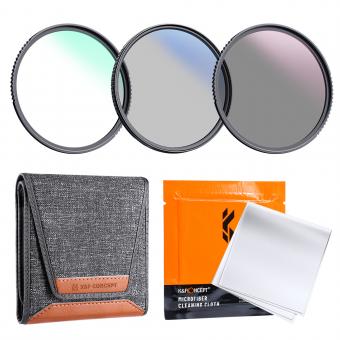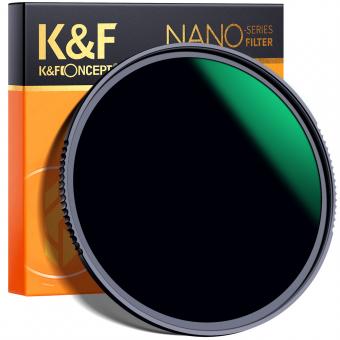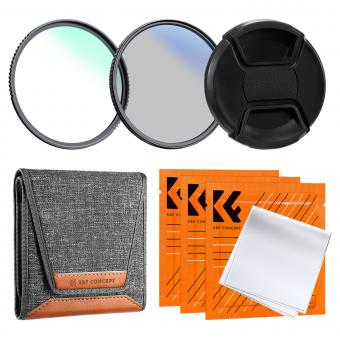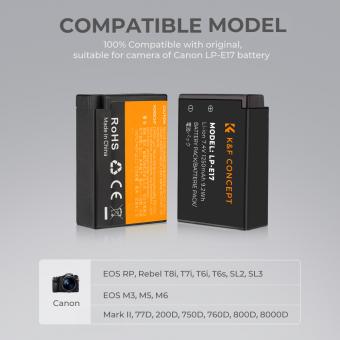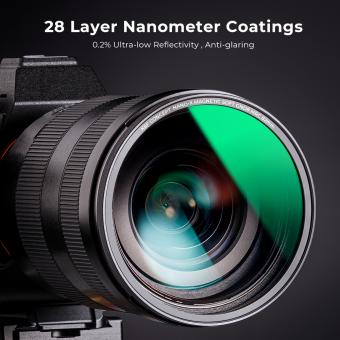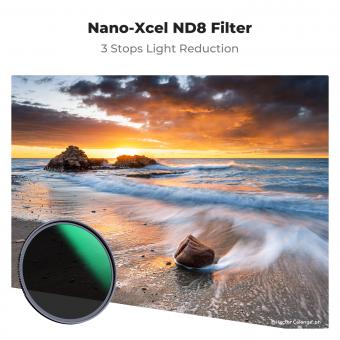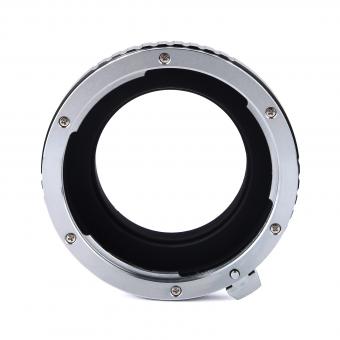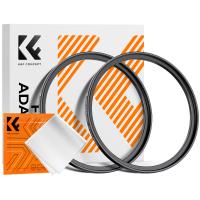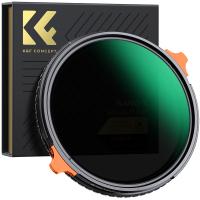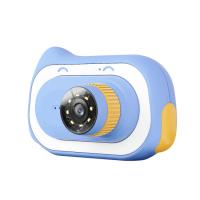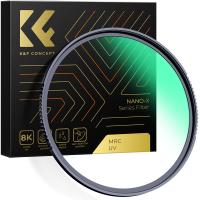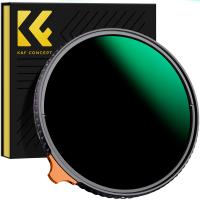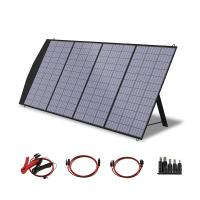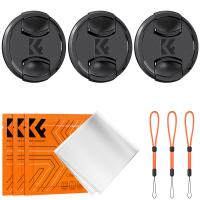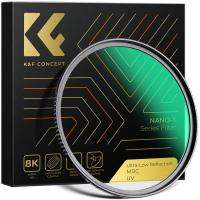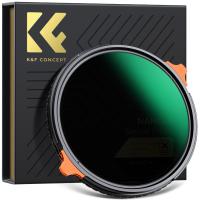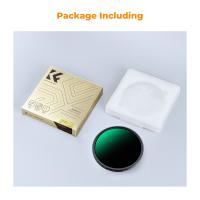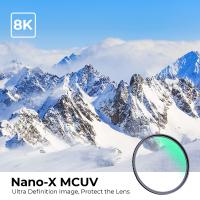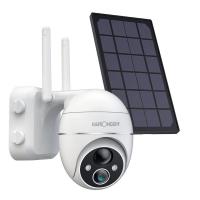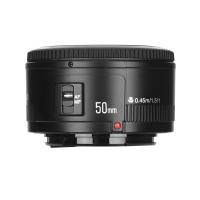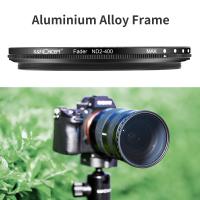What Is A Lens Filter Used For ?
A lens filter is a transparent or translucent accessory that is attached to the front of a camera lens. It is used to modify the properties of light that enters the lens, and can serve a variety of purposes. Some common uses of lens filters include:
1. Protection: A clear or UV filter can be used to protect the front element of the lens from scratches, dust, and other damage.
2. Color correction: Filters can be used to correct for color temperature or to add a specific color cast to an image.
3. Polarization: A polarizing filter can reduce glare and reflections, and can also enhance the colors and contrast in a scene.
4. Special effects: Filters can be used to create a variety of special effects, such as softening the focus, adding starbursts to light sources, or creating a vignette around the edges of the frame.
Overall, lens filters are a versatile tool that can help photographers achieve a wide range of creative and technical goals.
1、 UV protection
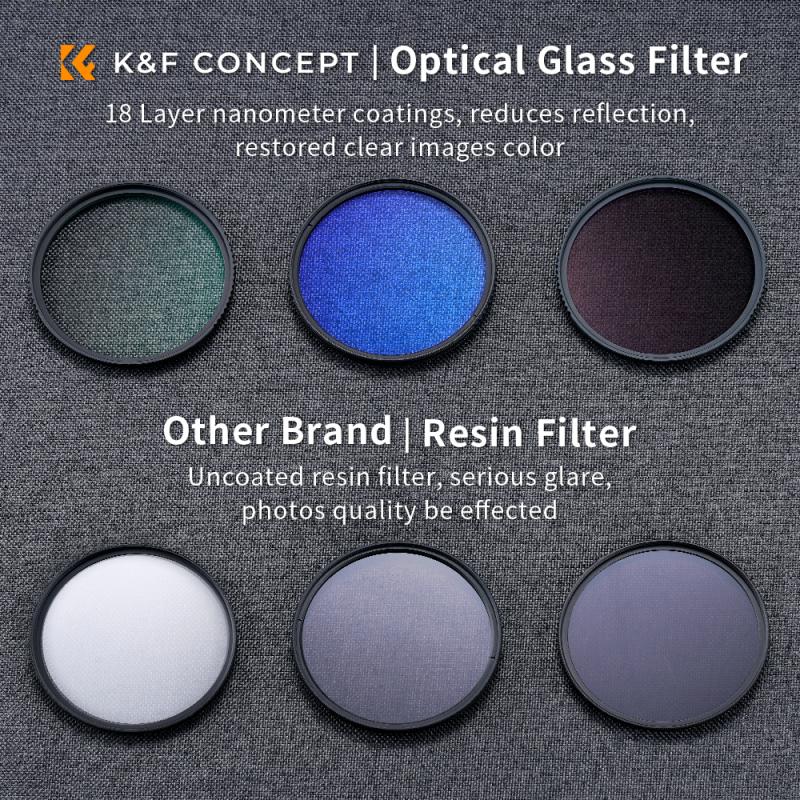
A lens filter is used for UV protection. UV filters are designed to block ultraviolet light, which can cause hazy and blurry images, as well as damage to the camera's sensor. UV filters are particularly useful when shooting in bright sunlight, as they can help to reduce glare and improve contrast. They are also useful for protecting the lens from scratches, dust, and other debris.
However, there is some debate among photographers about the necessity of UV filters. Some argue that modern camera sensors are already designed to filter out UV light, making a separate filter unnecessary. Others argue that a UV filter can actually degrade image quality by introducing additional reflections and reducing contrast.
Despite this debate, many photographers still choose to use UV filters as a form of protection for their lenses. They are relatively inexpensive and can provide peace of mind when shooting in harsh conditions. Ultimately, the decision to use a UV filter comes down to personal preference and the specific needs of the photographer.
2、 Color correction
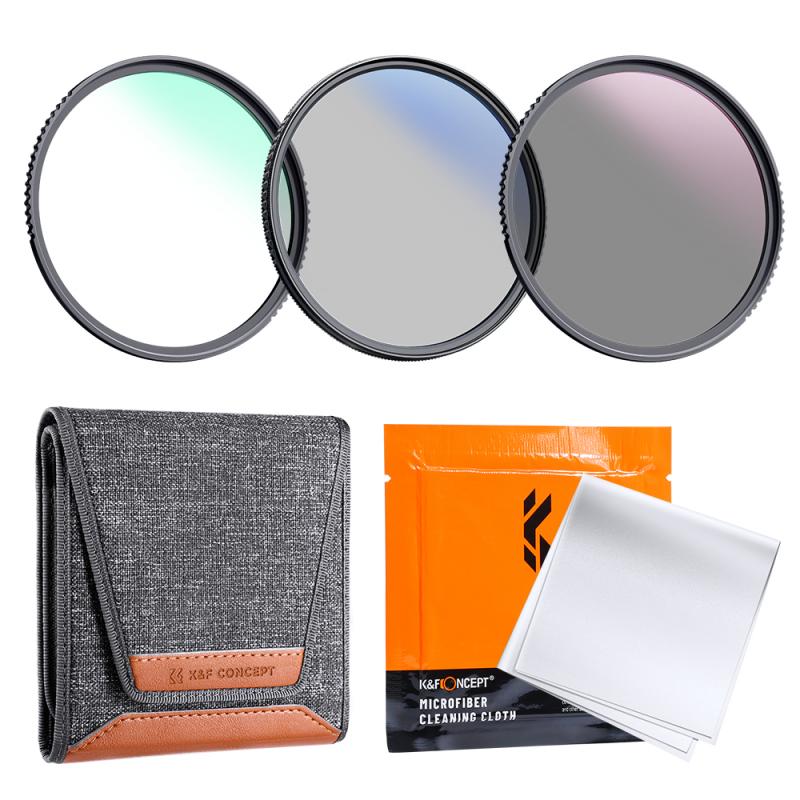
A lens filter is a piece of glass or plastic that is placed in front of a camera lens to alter the way that light enters the camera. There are many different types of lens filters available, each with its own specific purpose. One of the most common uses of a lens filter is for color correction.
Color correction filters are used to adjust the color temperature of the light that is entering the camera. This is important because different light sources have different color temperatures, and this can affect the way that colors appear in a photograph. For example, if you are shooting indoors under artificial lighting, the colors in your photos may appear yellow or orange. By using a color correction filter, you can adjust the color temperature of the light to make the colors in your photos appear more natural.
In addition to color correction, lens filters can also be used for a variety of other purposes. For example, polarizing filters can be used to reduce glare and reflections, while neutral density filters can be used to reduce the amount of light that enters the camera. There are also special effects filters that can be used to create unique and creative images.
Overall, lens filters are an important tool for photographers who want to have more control over the way that their images look. Whether you are looking to correct the color temperature of your photos or create unique and creative effects, there is a lens filter out there that can help you achieve your goals.
3、 Polarization
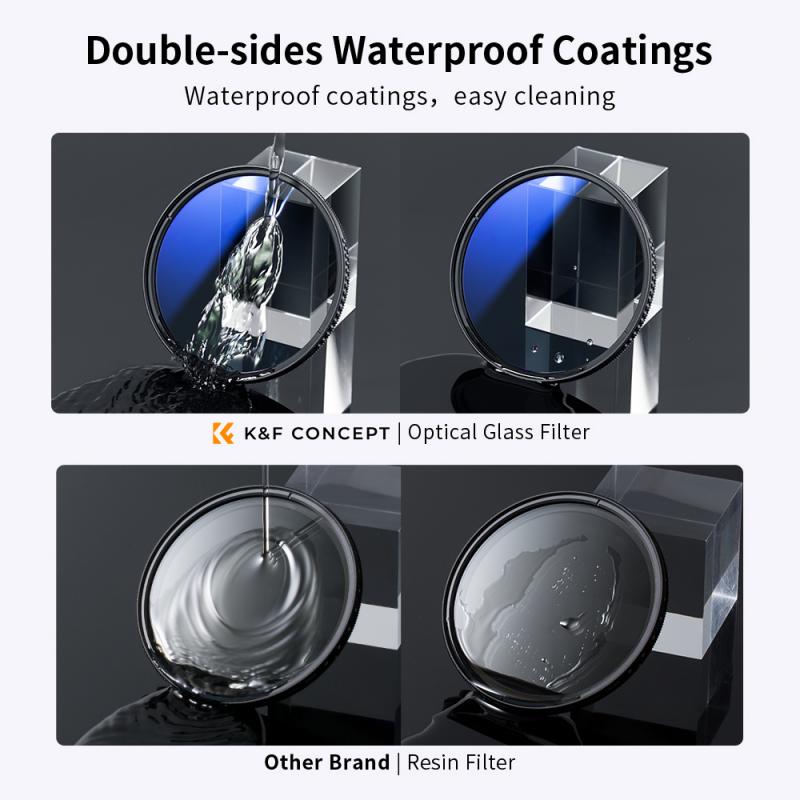
A lens filter is used for a variety of purposes in photography. One of the most common uses of a lens filter is to protect the lens from scratches, dust, and other debris. However, lens filters can also be used to enhance the quality of the image by reducing glare, improving color saturation, and increasing contrast.
One type of lens filter that has gained popularity in recent years is the polarization filter. A polarization filter is designed to reduce reflections and glare from non-metallic surfaces such as water, glass, and foliage. This type of filter works by blocking certain light waves that are oriented in a specific direction, which results in a clearer and more vibrant image.
Polarization filters are particularly useful for landscape photography, where reflections from water and foliage can often be a problem. By using a polarization filter, photographers can capture more detail and color in their images, resulting in a more dynamic and engaging photograph.
In addition to its practical uses, polarization filters have also become a popular creative tool for photographers. By manipulating the angle of the filter, photographers can create unique and dramatic effects in their images, such as deep blue skies and vivid reflections.
Overall, a polarization filter is a valuable tool for any photographer looking to improve the quality of their images and add a creative touch to their work.
4、 Neutral density

A lens filter is a piece of glass or plastic that is attached to the front of a camera lens to modify the light that enters the camera. There are many different types of lens filters available, each with its own specific purpose. One common type of lens filter is the neutral density filter.
Neutral density filters are used to reduce the amount of light that enters the camera without affecting the color or contrast of the image. They are particularly useful in bright sunlight or when shooting long exposures, as they allow the photographer to use slower shutter speeds or wider apertures without overexposing the image.
In recent years, neutral density filters have become increasingly popular among photographers and videographers who want to create a shallow depth of field or capture motion blur in their images. By using a neutral density filter, they can achieve these effects even in bright daylight conditions.
Overall, a neutral density filter is an essential tool for any photographer or videographer who wants to have more control over the amount of light that enters their camera. With the latest advancements in technology, neutral density filters have become more affordable and accessible than ever before, making them a must-have accessory for any serious photographer.

